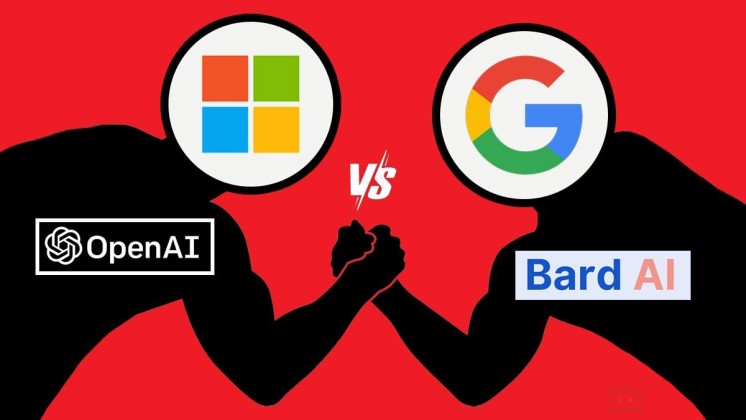
When it comes to online chat and conversational AI, there are three major players: ChatGPT, Bing Chat, and Google Bard. All three platforms offer conversational AI services, but what do they offer, and how do they differ? ChatGPT is a conversational AI platform developed by the company OpenAI. It enables the creation of virtual agents that can be used to help customers with queries, take orders, and more. ChatGPT is a powerful platform, and its agents have been trained on millions of conversations, giving them the ability to provide more engaging and natural conversations. Unlike ChatGPT, Bing Chat is a more basic platform with limited AI capabilities. It was created by Microsoft and was designed more as a customer service platform than a conversation AI platform. Bing Chat allows customers to query information, search products, and ask questions. However, it has limited abilities and is not able to provide the same level of engagement that ChatGPT can. Google Bard is another conversational AI platform developed by Google. This platform offers a range of capabilities, from natural language processing to advanced machine learning algorithms. It is designed to help companies create virtual agents with natural language and voice recognition capabilities. With Google Bard, customers can have more meaningful conversations with the virtual agents and get more accurate answers to their queries. So which platform is the best? The answer depends on your needs. ChatGPT is the most powerful platform and provides the best experience for customers, while Bing Chat and Google Bard are both good solutions for businesses that need basic conversational AI capabilities. Ultimately, it’s up to you to decide which platform is the best fit for your needs.
The majority of Apple's services will soon be unavailable to owners of devices running an older version of iOS, macOS, watchOS, or tvOS. A recent report claims that Apple is about to disable all se...
Read MoreIn the world of cyber, hacking is the biggest risk. Hacking refers to accessing data through vulnerabilities in any digital device such as computers, smartphones, tablets, or weaknesses in the inte...
Read More